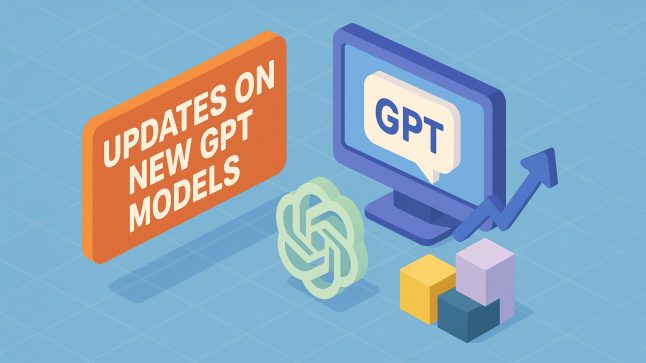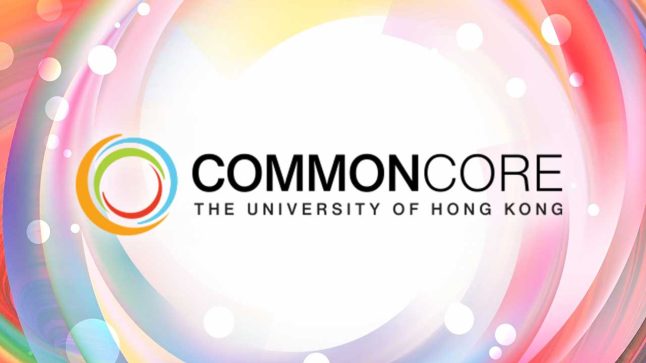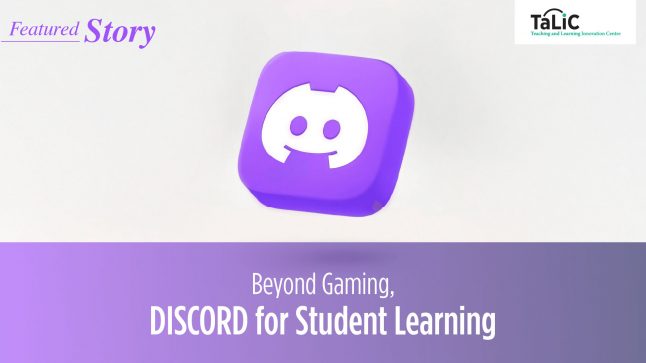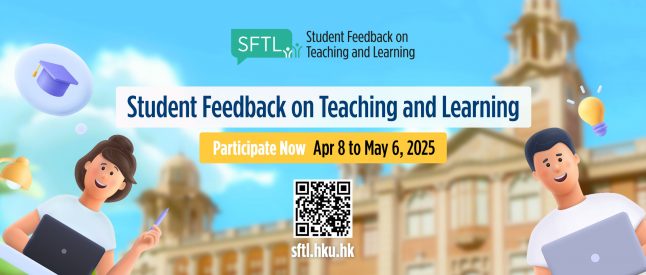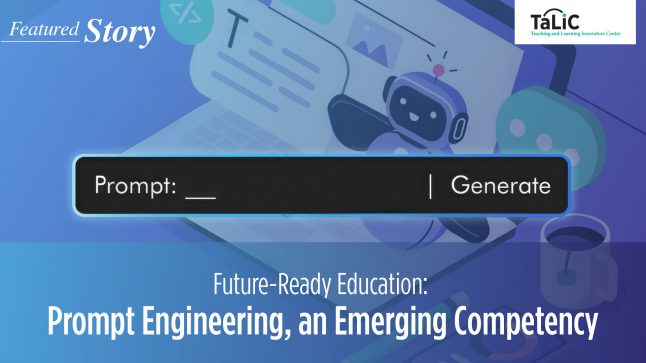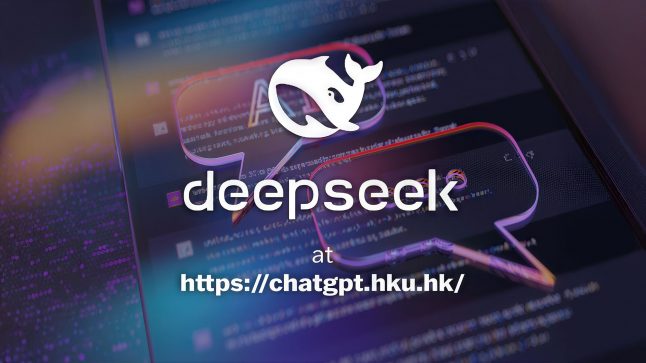Teachers nowadays are expected to serve well across a variety of contexts – inside and outside the classroom, at different geographical locations, or even online. They need to be more adaptive and versatile. With this vision in mind, the Faculty of Education is trying to expand their students’ competencies through Experiential Learning (EL) courses.
From the video, you will notice that students needed to apply theories that they learnt in settings unfamiliar to them. In the process, they often had to expand their “repertoire” in terms of subject matter knowledge as well as professional skills (e.g., classroom management and digital literacies). Working in groups provided students with the opportunities to contribute collaboratively to a creative process. The Faculty also organized many activities to support the reflection of experience, namely show-and-tell through multimedia sources such as videos and photos. In fact, part of the footage used in the video above was contributed by a Year 1 EL participant (see her original work here: https://uvision.hku.hk/playvideo.php?mid=20957).
EL courses can be seen as quite intense, but they are also rewarding. During the production of the video, TELI heard many stories of breakthroughs from students. Here are two that we’d like to share with you:
- A Year 3 English major student learned the importance of building trust and relationship with students through the EL course “Ocean Park Experiential Learning Project”. During the guided tour in Ocean Park, she encountered a kid who was uninterested by the tour and refused to follow the group. Despite her extra effort in engaging the kid, he was still unwilling to follow through the demonstration. However, she was amazed by how the kid turned calm and quiet when a helper from his organization approached, took his hand and walked back to the group. This has framed her mindset as a future teacher that discipline does not come from authority or control. It’s built from relationship.
- One of the Year 1 participants picked up new ideas of “time” after her EL course. In her “professional self”, she framed time as the school timetable, the scheduled duration of a lesson, and also empty space in her daily life that does not yield productive work. After joining the EL course “Curriculum Design in Cambodia,” she learnt that the concept of time has an emotional component – students need to feel motivated and happy to find the time well spent in learning. This insight has created an impact on how she spends her own time, and also how she is going to design her lessons in future.
To know more about how students learn through practice, please visit http://el.edu.hku.hk/.



